To provide the best experiences, we use technologies like cookies to store and/or access device information. Consenting to these technologies will allow us to process data such as browsing behaviour or unique IDs on this site. Not consenting or withdrawing consent, may adversely affect certain features and functions.
The technical storage or access is strictly necessary for the legitimate purpose of enabling the use of a specific service explicitly requested by the subscriber or user, or for the sole purpose of carrying out the transmission of a communication over an electronic communications network.
The technical storage or access is necessary for the legitimate purpose of storing preferences that are not requested by the subscriber or user.
The technical storage or access that is used exclusively for statistical purposes.
The technical storage or access that is used exclusively for anonymous statistical purposes. Without a subpoena, voluntary compliance on the part of your Internet Service Provider, or additional records from a third party, information stored or retrieved for this purpose alone cannot usually be used to identify you.
The technical storage or access is required to create user profiles to send advertising, or to track the user on a website or across several websites for similar marketing purposes.
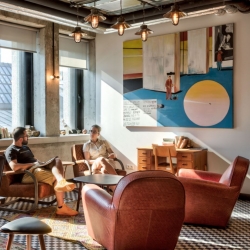 The pandemic and months of Zoom calls and remote work have begun to wear on us, so much so that in a recent survey from Blind – the anonymous workplace community app – 68 percent of respondents said that they are experiencing more feelings of being burnt out now, than they were before the pandemic began. Perhaps unsurprisingly, 29 percent of the respondents said their relationship with their direct boss was now worse than it had been before they began working remotely. And it’s not just top-down relationships at work that have deteriorated. (more…)
The pandemic and months of Zoom calls and remote work have begun to wear on us, so much so that in a recent survey from Blind – the anonymous workplace community app – 68 percent of respondents said that they are experiencing more feelings of being burnt out now, than they were before the pandemic began. Perhaps unsurprisingly, 29 percent of the respondents said their relationship with their direct boss was now worse than it had been before they began working remotely. And it’s not just top-down relationships at work that have deteriorated. (more…)




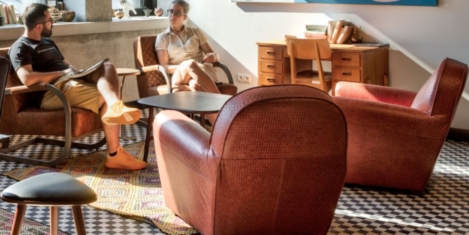
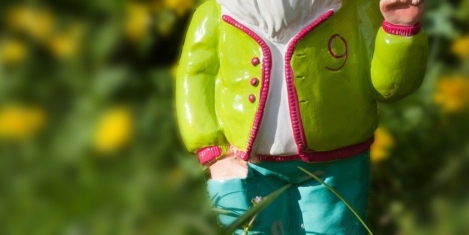


 A review of research in organisational and workplace psychology conducted by an international team of academics claims that working from home has been more disruptive for women than men. The review paper, entitled
A review of research in organisational and workplace psychology conducted by an international team of academics claims that working from home has been more disruptive for women than men. The review paper, entitled 
 When Donald Trump was
When Donald Trump was 
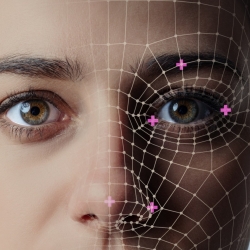 Union body the TUC has today launched a new taskforce to look at the “creeping role” of artificial intelligence (AI) in managing people at work. The taskforce launch comes as a new TUC report,
Union body the TUC has today launched a new taskforce to look at the “creeping role” of artificial intelligence (AI) in managing people at work. The taskforce launch comes as a new TUC report, 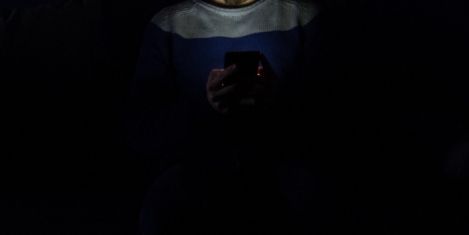
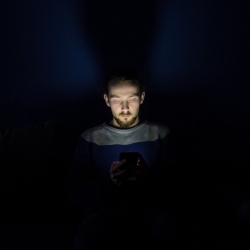 A lack of balance through lockdown has been felt most dramatically by Brits living in house shares according to new research released by
A lack of balance through lockdown has been felt most dramatically by Brits living in house shares according to new research released by 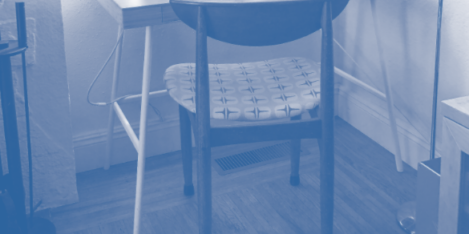
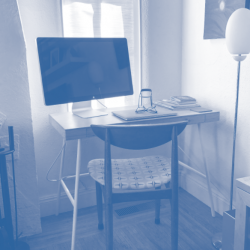 A new study on work-life balance claims that the COVID-19 crisis is a crucial factor – but not the only one – behind low levels of wellbeing among employees working from home. A research team including Professor Ilke Inceoglu, Professor of Organisational Behaviour and HR Management at the
A new study on work-life balance claims that the COVID-19 crisis is a crucial factor – but not the only one – behind low levels of wellbeing among employees working from home. A research team including Professor Ilke Inceoglu, Professor of Organisational Behaviour and HR Management at the 

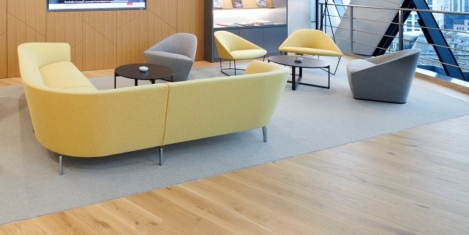

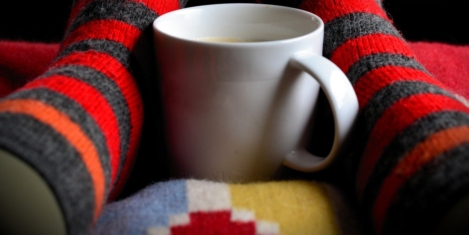
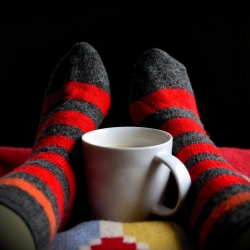 New research by management consultancy
New research by management consultancy 
 2020 has been the most stressful year in history for the global workforce and people want robots to help, according to a new study by
2020 has been the most stressful year in history for the global workforce and people want robots to help, according to a new study by 




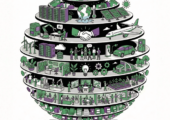



February 3, 2021
COVID-19 is having an unequal impact on the mental health of workers
by Brendan Street • Comment, Wellbeing